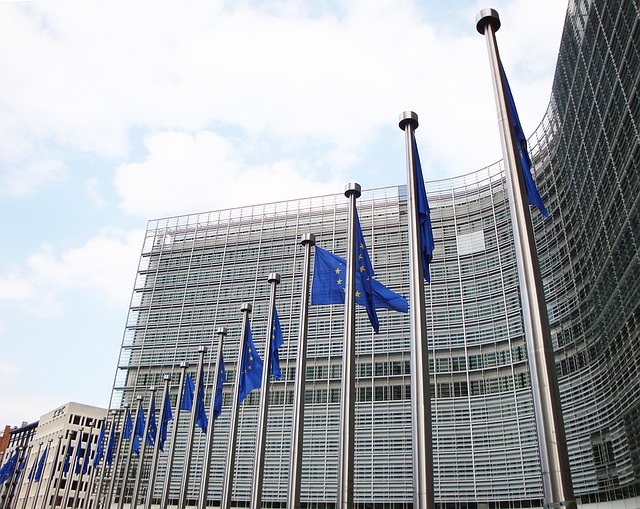
The European Union has ordered Ireland to collect up to €13 billion ($14.5 billion) in illegal state aid from Apple Inc (NASDAQ:AAPL), a landmark decision that reverberated in the tech industry.
The decision marks the end of a 3-year investigation over illegal tax benefits given to selected tech companies by the Irish government. Now the investigative body is setting its sights on other companies that set headquarters in Ireland, particularly Amazon (NASDAQ:AMZN) and McDonald’s (NYSE:MCD).
In a press release announcing the ruling, the European Union’s antitrust regulator identified two deals Apple made with the Irish government in which the tax rate is “substantially and artificially lowered,” since 1991. The 1991 rulings allowed the Cupertino tech giant to declare profits generated by Apple Sales International and Apple Operations Europe.
According to the European Commission [EC], the profits reported by these segments “did not correspond to economic reality,” and that Ireland’s tax deal was illegal because it provided Apple “a significant advantage over other businesses that are subject to the same national taxation rules.”
In a statement, Commissioner Margrethe Vestager, head of EC competition policy said, “Member States cannot give tax benefits to selected companies – this is illegal under EU state aid rules. The Commission’s investigation concluded that Ireland granted illegal tax benefits to Apple, which enabled it to pay substantially less tax than other businesses over many years. In fact, this selective treatment allowed Apple to pay an effective corporate tax rate of 1 percent on its European profits in 2003 down to 0.005 per cent in 2014.”
The European regulators are now looking into other multinational companies, seeking those that shifted profits and exploited loopholes to pay lower taxes. The decision against Apple is similar with the one reached against Starbucks and Fiat in fiscal-year 2015, wherein the commission ordered both companies to pay €30 million ($33.5 million) in overdue taxes to the Netherlands and Luxembourg, respectively.
The commission also issued a preliminary denunciation against a tax deal between Amazon and Luxembourg, which allowed the online retailer to declare most of its profits in Europe under an untaxed entity.
The decision against Apple marks a tightening policy on tax avoidance schemes, which could force large corporations to rethink their tax strategy. It could also add friction to an already strained relationship between the United States and Europe.
In a statement, the US Treasury slammed the European tax investigations, accusing the commission of zeroing in on American companies and acting as a “supranational tax authority,” which threatens efforts at global tax reform.
Meanwhile, Irish Finance Minister Michael Noonan said the Irish government disagrees “profoundly” with the Commission’s decision. “The decision leaves me with no choice but to seek cabinet approval to appeal,” Noonan said in a statement. “This is necessary to defend the integrity of our tax system; to provide tax certainty to business, and to challenge the encroachment of EU state aid rules into the sovereign member state competence of taxation.”
On the other hand, Apple vowed to appeal the ruling in a statement:
“The European Commission has launched an effort to rewrite Apple’s history in Europe, ignore Ireland’s tax laws and upend the international tax system in the process,” the company said. “The Commission’s case is not about how much Apple pays in taxes, it’s about which government collects the money. It will have a profound and harmful effect on investment and job creation in Europe. Apple follows the law and pays all of the taxes we owe wherever we operate. We will appeal and we are confident the decision will be overturned.”
- Bulenox: Get 45% to 91% OFF ... Use Discount Code: UNO
- Risk Our Money Not Yours | Get 50% to 90% OFF ... Use Discount Code: MMBVBKSM
Disclaimer: This page contains affiliate links. If you choose to make a purchase after clicking a link, we may receive a commission at no additional cost to you. Thank you for your support!


Leave a Reply